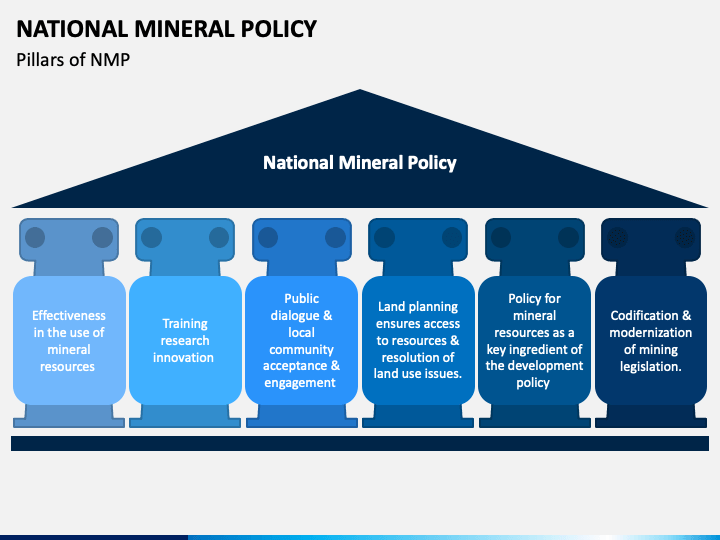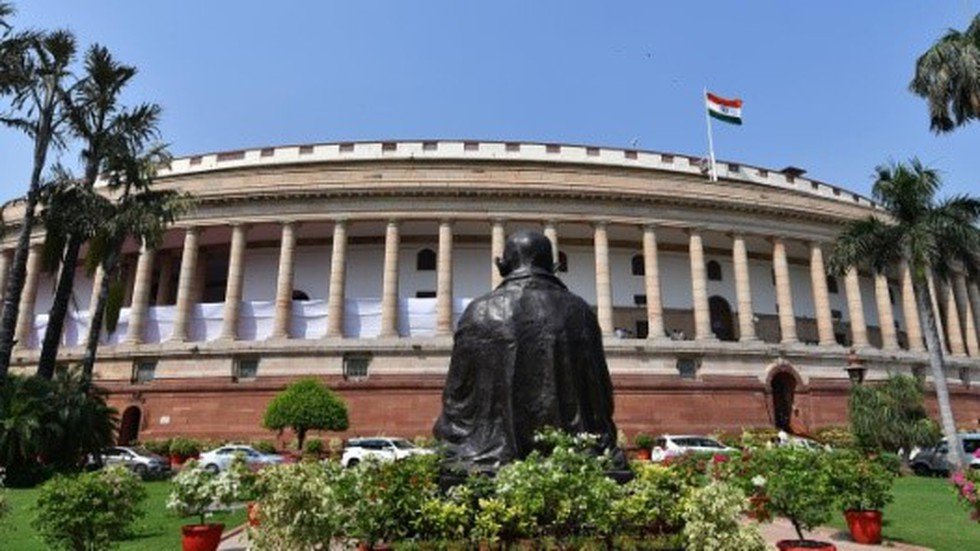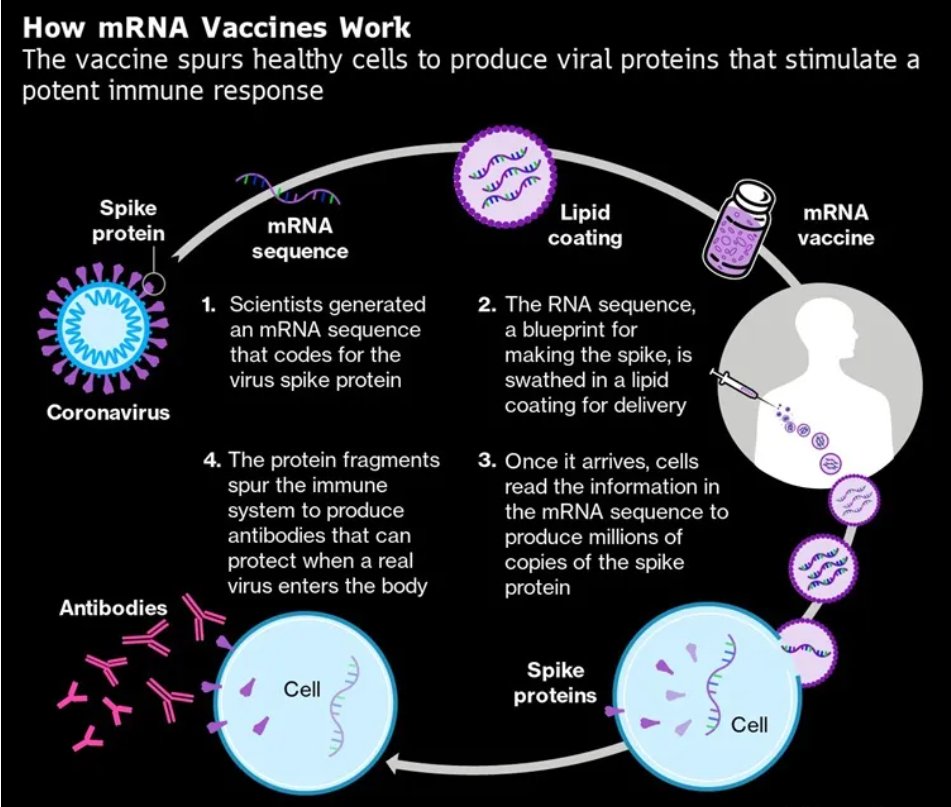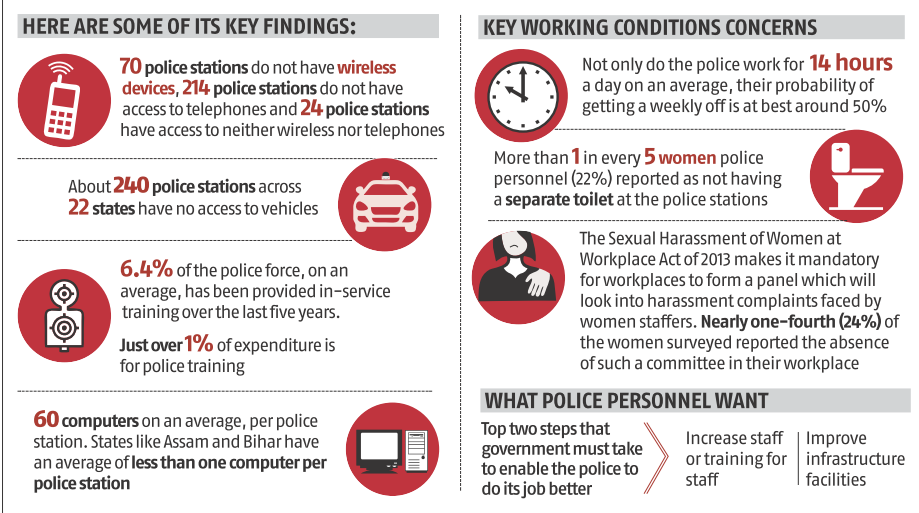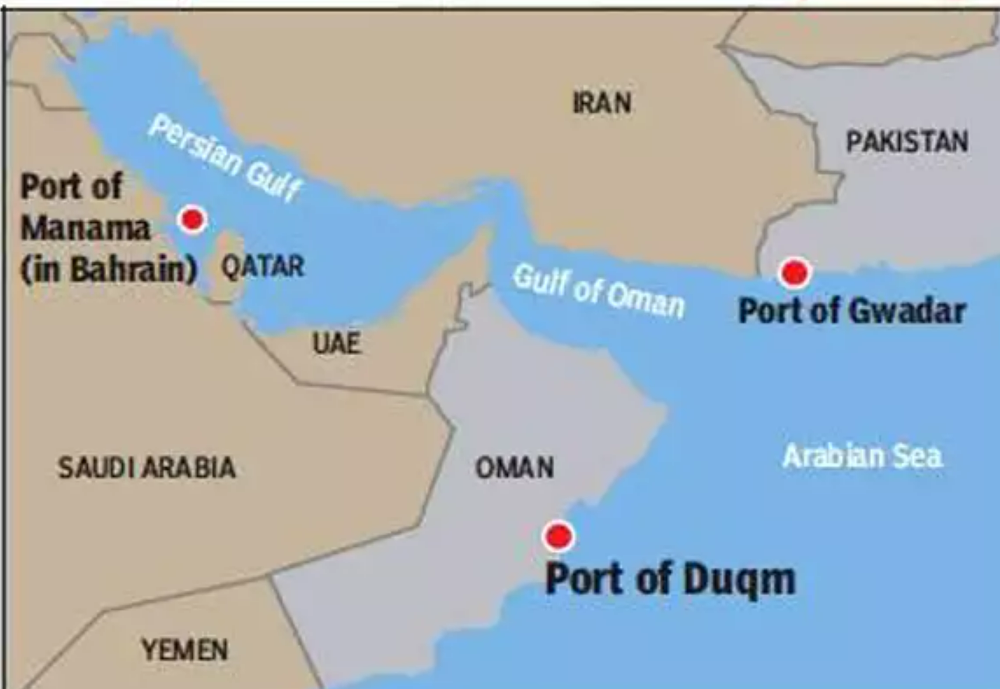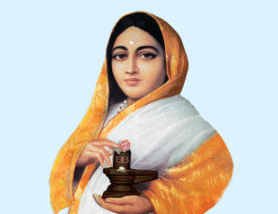
Women in Defence Forces
Subscribers of "Current Affairs" course can Download Daily Current Affairs in PDF/DOC
Subscribe to Never Miss an Important Update! Assured Discounts on New Products!
Must Join PMF IAS Telegram Channel & PMF IAS History Telegram Channel
- Context (IE): SC directed the Ministry of Defence to pay Rs 60 lakh in compensation to a former permanent commissioned officer in the Military Nursing Service (MNS) ruling she was “wrongly” released from service in 1988 on grounds of her marriage.
|
History of Women in Indian Armed Forces
Pre Independence
- The role of women in the Indian Armed Forces began to take shape with the formation of the “Indian Military Nursing Service” in 1888.
- Role of women further expanded with the formation of the Women’s Auxiliary Corps, founded by the British run-Indian Army to recruit female volunteers for the Second World War in 1942.
- It allowed women to serve in primarily non-combatant roles like communications, accounting and administration.
- However, the women in the British Indian Army did not have the privilege of fighting in a combat role, unlike their European and American counterparts.
- Azad Hind Fauj, founded by Subhash Chandra Bose, had a women’s regiment, i.e. Rani of Jhansi Regiment, which saw active combat when it fought along Imperial Japanese Army in Burma.
Post Independence
- The Army Act, 1950 made women ineligible for regular commissions with certain exceptions specified by the central government.
- In 1958, the Army Medical Corps became the first Indian Army unit to award regular commissions to women.
- The induction of women officers into the Indian Army through the Women Special Entry Scheme (WSES) started in 1992, after the approval of the Cabinet Committee on Parliamentary Affairs.
- They were commissioned for five-year period in certain streams, like the Army Education Corps and the Corps of Engineers. The infantry and armoured corps were not open to them.
- It had shorter pre-commission training periods than those stipulated for men commissioned under the SSC scheme. Men were commissioned for 10-year periods, which could be extended up to 14 years.
- In 2006, the WSES scheme was replaced by the SSC (Short Service Commission) scheme for women. Existing WSES officers were given the option to move to the new scheme.
- In 2019, the government granted permanent commission to women officers in eight streams of the Army, in addition to the JAG and AEC, which it was granted earlier in 2008.
|
- In 2020, SC, in ‘Secretary, Ministry of Defence vs. Babita Puniya’ upheld the demands of women in the SSC and granted Permanent Commission or a full-length career to women in Army.
- In 2021, Indian army started to induct women in short service commission as fighter pilots.
- The Indian Air Force and Navy now allow women in all roles including combat.
- In 2016, women officers were inducted into the fighter stream of the IAF.
- In 2018, women were given permanent commission in the Air Force, and in 2019, India got its first woman Flight Commander.
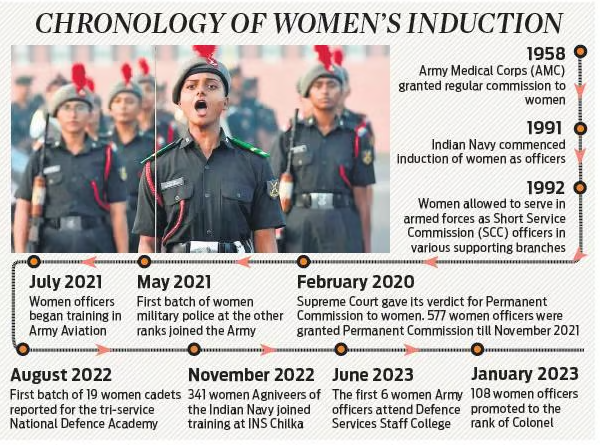
Women in Indian Defence Forces: Current Status
- Over 7,000 women personnel are serving in the Indian Army at present followed by 1,636 in the Indian Air Force and 748 in the Navy, as per data provided by GoI in March 2023.
- Indian Army: Consequent to grant of Permanent Commission to Women Officers (WOs), a gender-neutral Career Progression policy covering employment & promotional aspects was promulgated in Nov, 2021, providing equal opportunities to WOs in the Arms/Services where they are commissioned.
- Indian Air Force: Women officers are empowered to tenate key appointments including Commanding Officers in Combat Units of various field units.
- The rules in this regard are gender neutral and provide them equal opportunities.
- Their medical fitness and medical conditions are also factored prior to their effective utilization.
- Indian Navy: Officers are given opportunities for spouse co-location, re-settlement posting and compassionate grounds posting in a gender-neutral manner.
- Women are granted Maternity Leave and Childcare Leave etc. in addition to other leave applicable to their male counterparts.
Importance of Women in Armed Forces
- Diversity of thought and experience: Women bring diverse perspectives and problem-solving approaches to the table, fostering creativity and innovation leading to better decision-making and improved mission outcomes.
- Enhanced operational capabilities: Modern warfare relies heavily on technology, communication, and intelligence gathering. Women often excel in these areas, contributing significantly to the operational capabilities of the armed forces.
- Stronger social cohesion: Women’s presence can foster better understanding and communication between different communities and cultures, both within the forces and during deployments.
- Meeting recruitment challenges: Including women in the armed forces broadens the talent pool, allowing militaries to access a wider range of qualified recruits to meet their needs.
- Role models and inspiration: Seeing women excel in leadership roles and challenging traditional stereotypes inspires future generations, both within the military and in broader society.
Challenges Faced by Women in Armed Forces
- Deep-seated stereotypes and biases
- Low acceptance for women officers
- Sexual assault and harassment
- Pregnancy, post-partum recovery, and motherhood
- A lack of rules and regulations for women officers
Women in Defence: Situation in Other countries
- Women officially became eligible for combat positions in the American military in 2013.
- In 2018, the UK military lifted a ban on women serving in close combat ground roles, clearing the way for them to serve in elite special forces.
- Israel has gradually opened up 90% of its roles to women but they are still excluded from frontline combat roles in the main infantry units and some of the most elite commando units that traditionally operate across enemy lines in wartime.





![PMF IAS Environment for UPSC 2022-23 [paperback] PMF IAS [Nov 30, 2021]…](https://pmfias.b-cdn.net/wp-content/uploads/2024/04/pmfiasenvironmentforupsc2022-23paperbackpmfiasnov302021.jpg)
